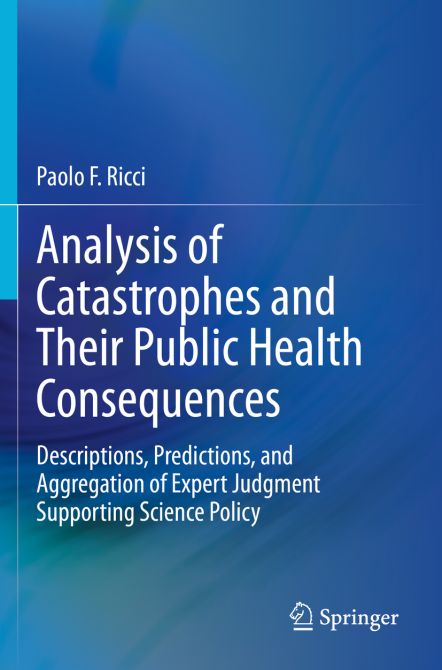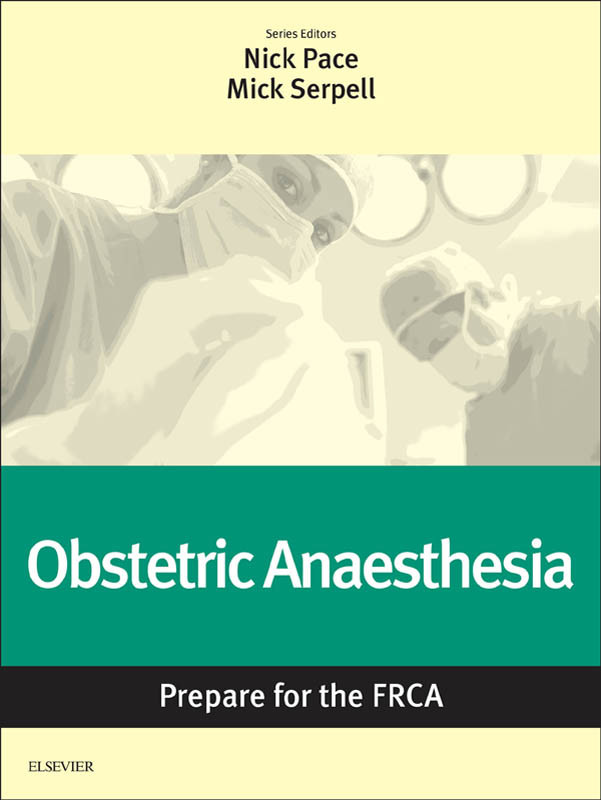Analysis of Catastrophes and Their Public Health Consequences
Descriptions, Predictions, and Aggregation of Expert Judgment Supporting Science Policy
| Auflage | 2021 |
| Seiten | 187 pp., 53 illus., 40 tab. |
| Verlag | Springer |
| ISBN | 9783030480684 |
| Artikel-Nr. | 569819 |
Lieferzeit ca. 5 Werktage
Produktbeschreibung
Public health policy prospectively and retrospectively addresses the consequences of events ranging from the commonplace to the catastrophic. Informing policymakers and stakeholders by enhancing their understanding of complex causation to justify remedial or precautionary actions is a critical science-policy task. In this book, the key aspects of catastrophes (regardless of their nature) and routine events are identified through a common framework for their analyses, and the analyses of the consequences associated with the potential occurrence of these events also are discussed. The book is not about disaster planning; instead, it is focused on analysis and causation in the context of informing - rather than formulating - public health policy.
The author aggregates and fuses scientific information and knowledge in public health policy-science using alternative but complementary methods. The book first focuses on the analysis of catastrophes and commonplace events; the focus then shifts to causal models of multifactorial diseases, particularly at low doses or dose-rates, associated with these events. Topics explored among the chapters include:
- Policy and Legal Aspects of Precautionary Choices
- Catastrophes, Disasters, and Calamities: Concepts for Their Assessment
- Uncertainty: Probabilistic and Statistical Aspects
- Aggregating Judgments to Inform Precautionary Decision-making
The aim of the book is to show that the analyses of events are fundamentally similar, regardless of whether the concern is a global catastrophe or commonplace.
Analysis of Catastrophes and Their Public Health Consequences is a text that should engage students, instructors, and researchers in public health, science policy, and preparedness research, as well as serve as a useful resource for policy analysts, practitioners, and risk managers.
Is the first book to address these issues in a single volume
Addresses an essential understanding of the effects of catastrophes, from slow to fast (climate change to earthquakes), as well as of diseases such as cancer, in the context of science policy
Covers key analytical aspects of information and knowledge relevant to science policy
Shows the commonalities among analyses of seemingly diverse events and outcomes
The author aggregates and fuses scientific information and knowledge in public health policy-science using alternative but complementary methods. The book first focuses on the analysis of catastrophes and commonplace events; the focus then shifts to causal models of multifactorial diseases, particularly at low doses or dose-rates, associated with these events. Topics explored among the chapters include:
- Policy and Legal Aspects of Precautionary Choices
- Catastrophes, Disasters, and Calamities: Concepts for Their Assessment
- Uncertainty: Probabilistic and Statistical Aspects
- Aggregating Judgments to Inform Precautionary Decision-making
The aim of the book is to show that the analyses of events are fundamentally similar, regardless of whether the concern is a global catastrophe or commonplace.
Analysis of Catastrophes and Their Public Health Consequences is a text that should engage students, instructors, and researchers in public health, science policy, and preparedness research, as well as serve as a useful resource for policy analysts, practitioners, and risk managers.
Is the first book to address these issues in a single volume
Addresses an essential understanding of the effects of catastrophes, from slow to fast (climate change to earthquakes), as well as of diseases such as cancer, in the context of science policy
Covers key analytical aspects of information and knowledge relevant to science policy
Shows the commonalities among analyses of seemingly diverse events and outcomes

